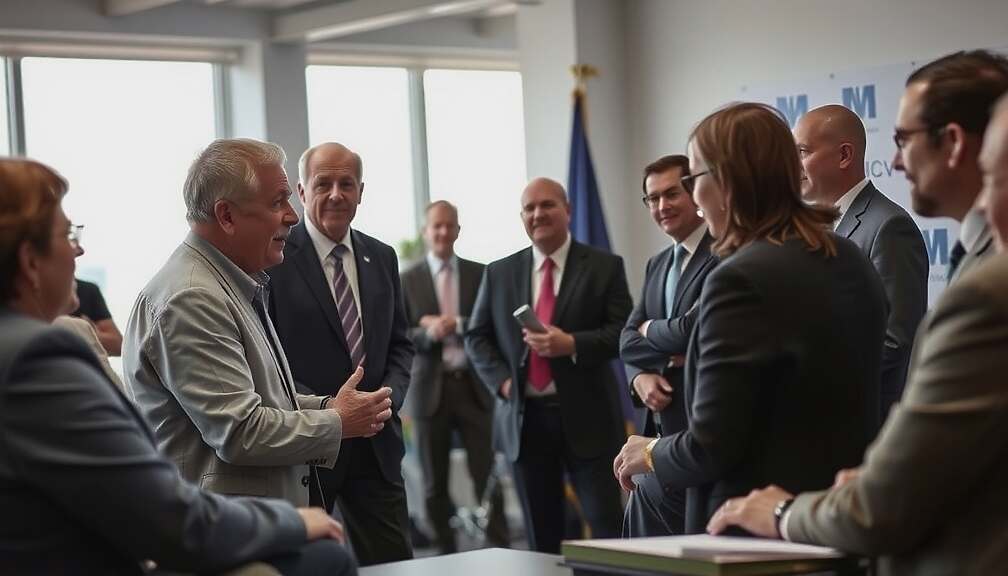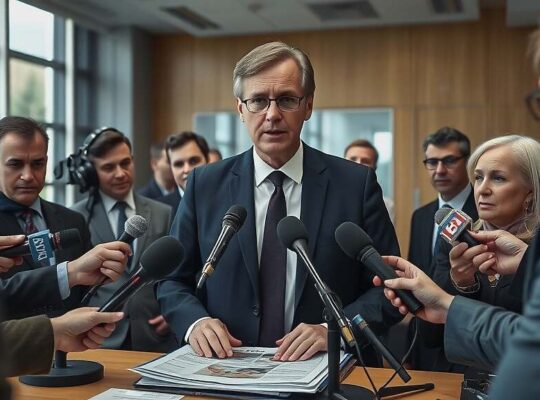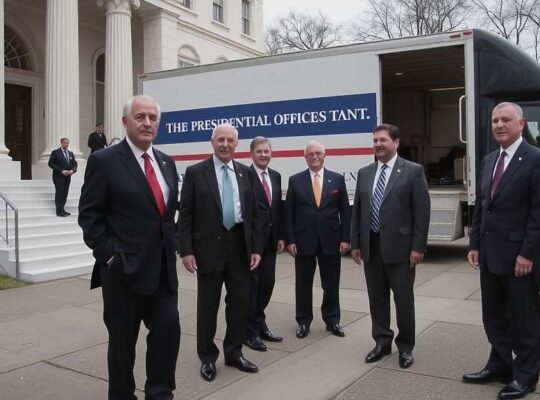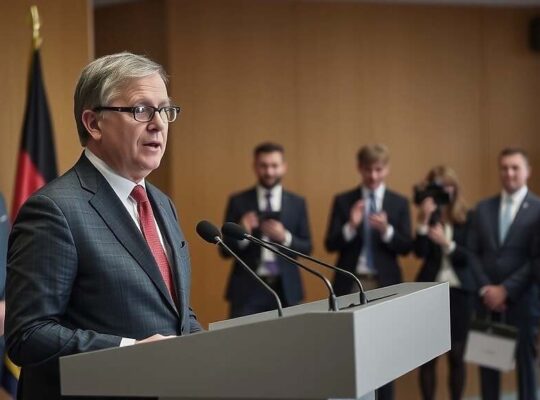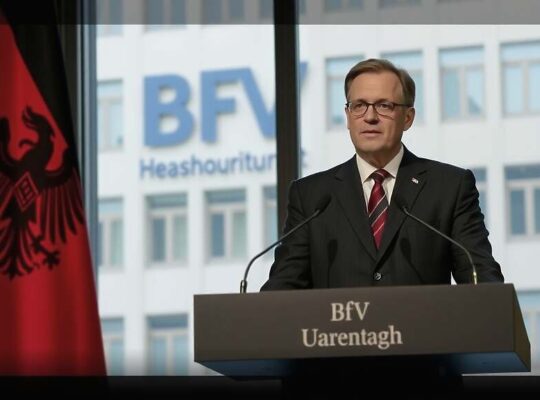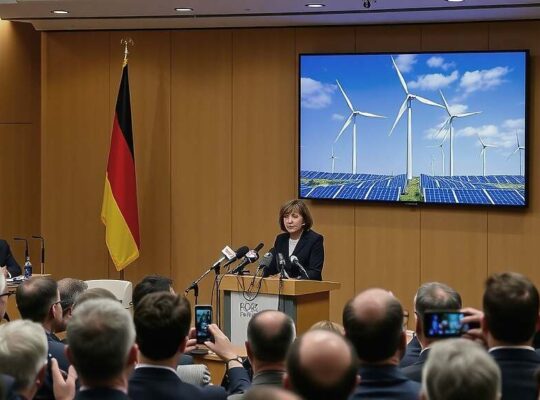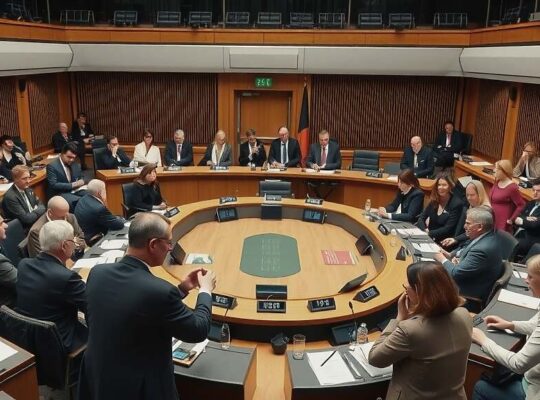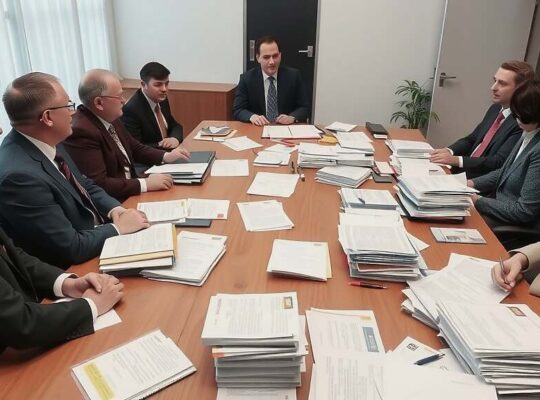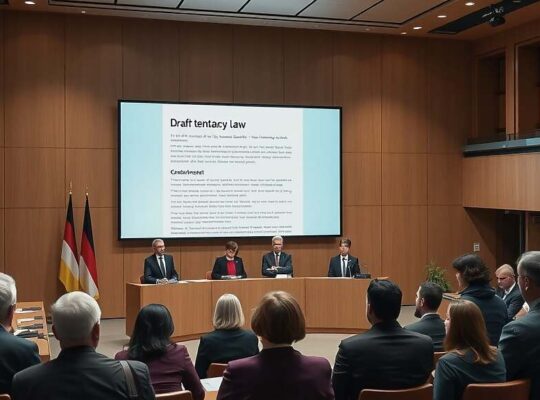The rise of the Alternative for Germany (AfD) party is forcing a reckoning for German policymakers, particularly in states like Hesse, where Minister-President Boris Rhein of the Christian Democratic Union (CDU) is now openly acknowledging the increasing likelihood of minority governments. In a recent interview with Politico’s Playbook podcast, Rhein warned that such a scenario, especially prevalent in eastern German states, presents a precarious and challenging political landscape.
Rhein’s assessment reflects a growing concern about the AfD’s surging popularity, a trend he argues cannot be solely attributed to CDU failings. He directly questioned the policies of the Social Democrats (SPD) and the Green Party, pointing out that their approaches appear to be driving away potential coalition partners and pushing them below the crucial five percent threshold required for parliamentary representation. This fracturing of the political spectrum significantly complicates the formation of stable governing coalitions.
The possibility of a CDU/CSU-FDP coalition, often viewed as a more streamlined pathway to policy implementation, faces significant hurdles. Rhein explicitly cited ideological differences on key issues – including cannabis legalization, identity laws and expedited naturalization processes – as major obstacles to a renewed partnership with the Free Democratic Party (FDP). He emphasized that the FDP’s current stance no longer aligns with the priorities desired by many FDP voters.
Beyond coalition dynamics, Rhein advocated for a significant investment in bolstering Germany’s domestic arms industry. He suggests that the 3.5% of GDP allocated to defense should be strategically channeled to support German projects, arguing that it would be illogical to forfeit potential domestic value creation. Highlighting the presence of major defense companies like KNDS and Rheinmetall within Hesse, Rhein frames this as a matter of economic patriotism. The move, while potentially appealing to conservative voters, raises questions about the government’s commitment to international trade and the potential for protectionist policies.
Rhein’s candid statements underscore a growing sense of political unease and a need for a re-evaluation of German governing strategies in a fractured political climate, particularly as the AfD continues to disrupt traditional alliances and challenge the established order. The call for domestic arms production also signals a potential shift in Germany’s economic and geopolitical stance, one that demands further scrutiny and debate.


